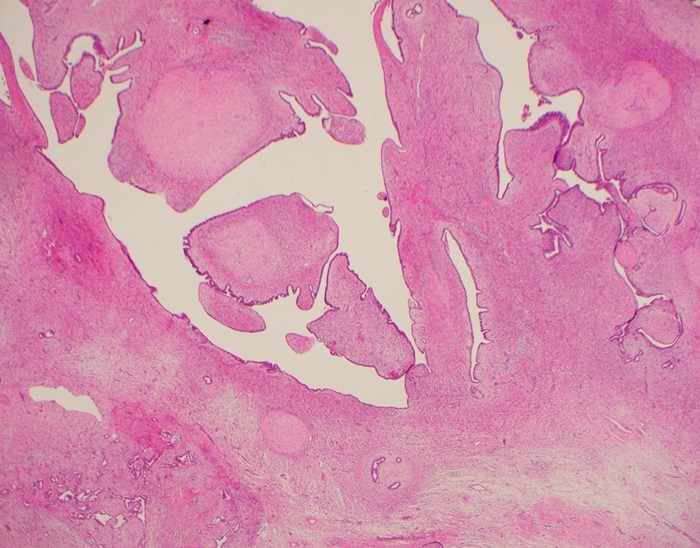Sensitive Epigenetic-Based PCR Test Could Detect Difficult-To-Diagnose Breast Tumor
Posted on 05 Feb 2024
Phyllodes tumors, which make up less than 1% of breast tumors, present a diagnostic challenge due to their microscopic resemblance to other breast tumor types. While the majority of phyllodes tumors are benign, about 10% are malignant. Getting an accurate diagnosis is key to ensuring the right treatment is given, as a misdiagnosis can lead to inappropriate or delayed care. Typically, tumor diagnosis is based on the pathological examination of cellular patterns. Now, scientists have found the epigenetic ‘signature’ of phyllodes tumors, paving the way for the development of a sensitive epigenetic-based PCR test to detect this hard-to-diagnose breast tumor that could be routinely used in pathology laboratories.
Scientists at the Garvan Institute of Medical Research (NSW, Australia) have identified new DNA markers based on epigenetics that could provide additional diagnostic information for phyllodes tumors. Epigenetic alterations involve changes in gene activity levels without modifying the DNA sequence itself and can be influenced by environmental factors. One common epigenetic process is DNA methylation, where methyl groups attach to DNA segments, altering gene expression. In their study of samples from 33 patients, the research team observed a distinct DNA methylation pattern in phyllodes tumors, distinguishing them from other cancers. They also developed an algorithm that successfully reclassified samples that had initially been misdiagnosed. This advancement in understanding may lead to more accurate diagnoses and better patient outcomes.

“Disruption to epigenetic processes, such as DNA methylation patterns, is a recognized hallmark of cancer and can vary significantly between cancer types, allowing a unique cancer forensic signature,” said Professor Susan Clark, co-senior author and Head of the Cancer Epigenetics Lab at Garvan. “Harnessing the power of cutting-edge epigenetic technologies, like Digital Droplet PCR, our next step will be devising a sensitive epigenetic-based PCR test to detect phyllodes tumors that could be routinely used in pathology laboratories.”
Related Links:
Garvan Institute of Medical Research













